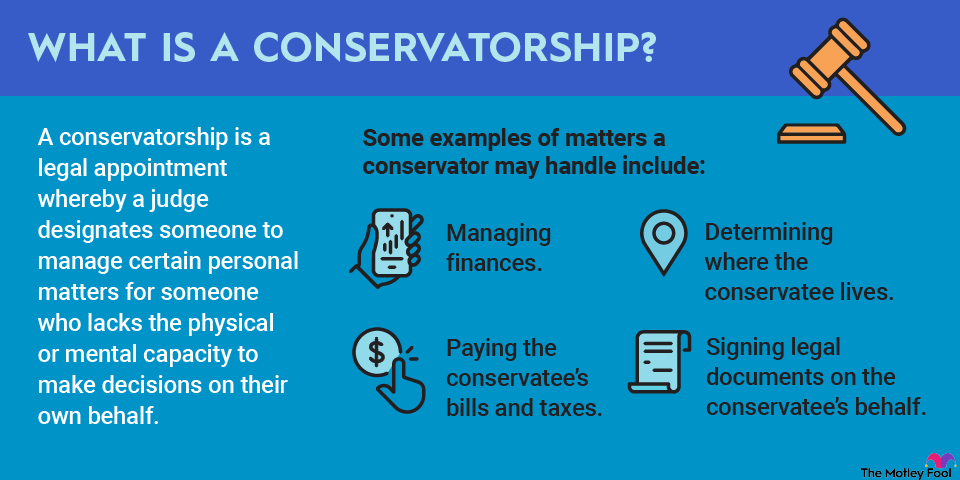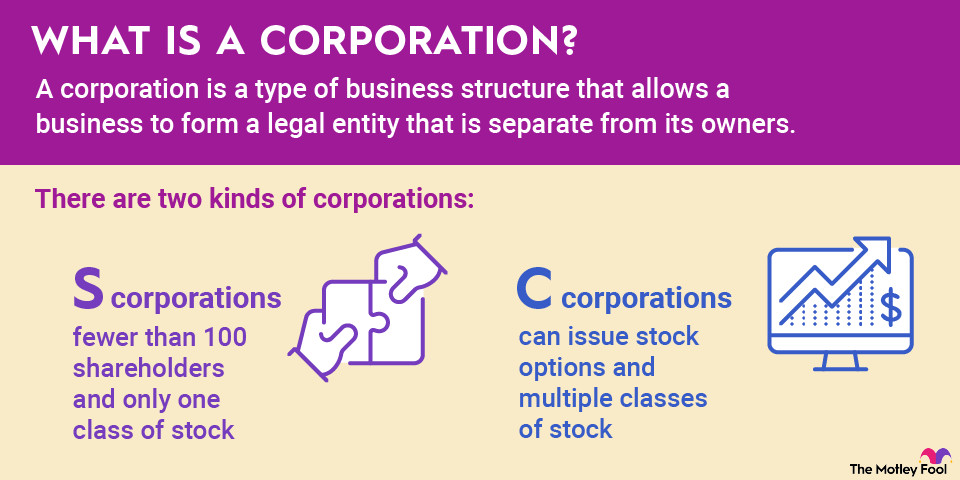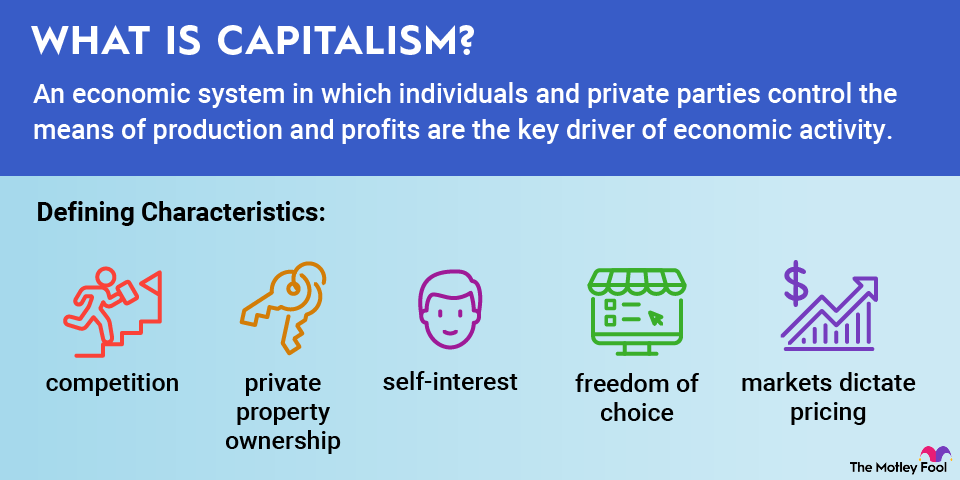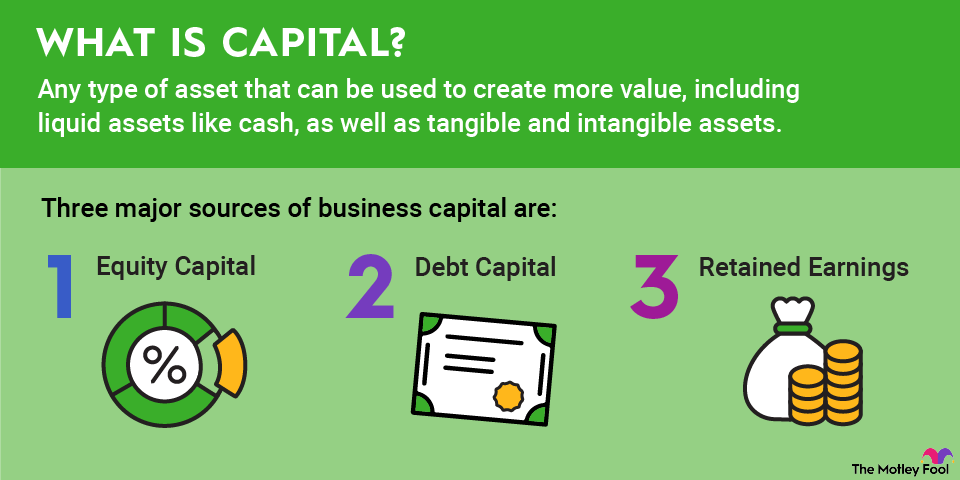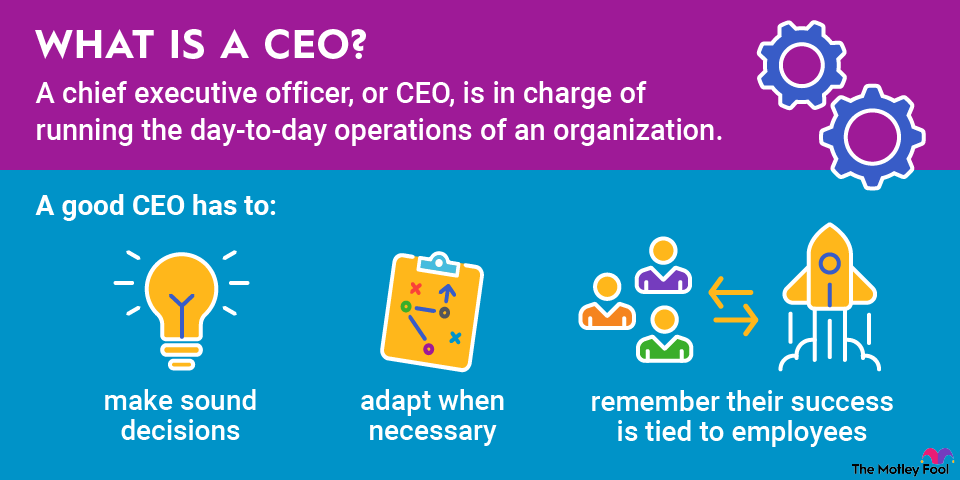Cryptocurrency is a decentralized and secure way to store and exchange value without relying on traditional financial institutions. But what exactly is cryptocurrency, and how does it work?
This can be a complex topic, especially for beginners who are new to the world of finance and technology. However, the basic ideas are actually quite simple. Let’s take a look at the basics of cryptocurrency and why this digital asset class is important to investors.

What is cryptocurrency?
Cryptocurrency is digital money that can be used to buy things online. It's different from regular money because it's not controlled by a government or a bank. Instead, it's controlled by a network of people who use it. When you buy something with cryptocurrency, you don't need a bank to process the transaction for you. Instead, it goes directly from your account to the other person's account. This makes it faster and more secure than using regular money.
The first and most well-known cryptocurrency is Bitcoin (BTC -2.43%), which was created in 2009 by an unknown person or group using the pseudonym Satoshi Nakamoto. Since then, thousands of other cryptocurrencies have been created, each with its own set of features and characteristics.
For example, Ethereum (ETH -5.25%) followed Bitcoin onto the market in 2013 and introduced the concept of running computer programs in so-called smart contracts that are attached to the blockchain. Technically speaking, Ethereum is the name for this blockchain network; the cryptocurrency that manages payments, transaction fees, and other monetary features is called Ether. However, you’ll often see the Ethereum name applied to the entire system and its separate parts anyway.
Cryptocurrencies are almost always based on blockchain technology, which is a distributed ledger that records and verifies transactions. Think of blockchain like a big digital notebook that keeps track of every time someone buys or sells cryptocurrency. The notebook isn't kept in one place, but it's copied and spread out across lots of computers all over the world. This helps to make sure that nobody can cheat or take advantage of the system because everyone can see what's happening in the notebook. So, when you use cryptocurrency, you know that everything is being recorded and checked by a lot of people to make sure it's fair and accurate.
Blockchain
The power of cryptocurrency
Cryptocurrency matters for several reasons. It offers a decentralized and secure way to store and exchange value without relying on traditional financial institutions. This gives users greater control over their money, avoiding the fees and limitations imposed by banks and other intermediaries.
Furthermore, cryptocurrency has the potential to disrupt traditional financial systems and offer greater financial inclusion to people who are unbanked or underbanked. With cryptocurrency, anyone with an internet connection can participate in the global economy and exchange value with others around the world.
Digital currencies offer new opportunities for investment and wealth creation. They can be volatile and risky, especially in these early days, but cryptocurrency has already generated huge returns for early adopters and savvy investors. As more businesses and individuals adopt cryptocurrencies, the sector’s value is likely to continue to grow and offer new investment opportunities.
Digital Wallet
Another essential feature of cryptocurrency is its anonymity. Unlike traditional currency transactions, which are often linked to personal identities, cryptocurrency transactions are anonymous and cannot be traced back to a specific individual. This makes cryptocurrency an attractive option for those who value privacy and security. In fact, the privacy focus goes too far sometimes. You can trace Bitcoin and Ethereum transactions as they jump between digital wallets, even if you don’t know who owns each wallet.
So-called privacy coins won’t even let you identify the wallets involved in a transaction. These cryptocurrencies are rarely seen on the leading crypto-trading platforms, as regulators worry about their use in illegal or unsavory activities.
Finally, cryptocurrency has the potential to transform industries beyond finance, including health care, supply chain management, online gaming, contract management, and more. By taking advantage of the decentralized and secure nature of blockchain technology, businesses can create new and innovative solutions that are more efficient, transparent, and secure.
How to start investing in cryptocurrency
If you're interested in cryptocurrency, there are several steps you can take to get started.
- Educate yourself: As with any investment, it's important to educate yourself on the risks and opportunities associated with cryptocurrency. Read books, articles, and online resources to understand the basics of blockchain technology, cryptocurrency, and investment strategies.
- Choose a cryptocurrency exchange: Stock investors need an account with a stockbroker. Likewise, in order to buy, sell, or trade cryptocurrency, you'll need to use a cryptocurrency exchange. Research different exchanges to find one that offers the features and security that are most important to you.
- Create a blockchain wallet: A blockchain wallet is a digital wallet that allows you to store, send, and receive cryptocurrency. Choose a reputable wallet provider and follow their instructions to set up your wallet.
- Start small: Cryptocurrency can be volatile and risky, so it's important to start small and only invest what you can afford to lose. Consider investing a small amount of money to start and gradually increase your investment over time as you become more comfortable with the market.
- Stay informed: Cryptocurrency is a rapidly evolving field, so it's important to stay informed on the latest developments and trends. Follow news sources and social media accounts to stay up to date on market movements, regulatory changes, and emerging technologies.
Related investing topics
Bitcoin’s roller coaster ride
Bitcoin has experienced significant growth and volatility since its creation. In 2017, Bitcoin's price skyrocketed from around $1,000 to nearly $20,000 before crashing down to around $3,000 in 2018. Despite its ups and downs, Bitcoin remains one of the most popular and widely traded cryptocurrencies. Once worth more than $1.2 trillion, Bitcoin ended 2022 with a total market value of $317 billion.
The first and largest cryptocurrency has created life-changing wealth for early investors, but its volatile price swings have also destroyed a lot of investor value. You’ll see the large price swings calming down as the cryptocurrency market evolves and develops over the years. It’s a powerful idea with game-changing implications in several industries. Whether you want to own cryptocurrency or not, you should stay informed about this new asset class.
